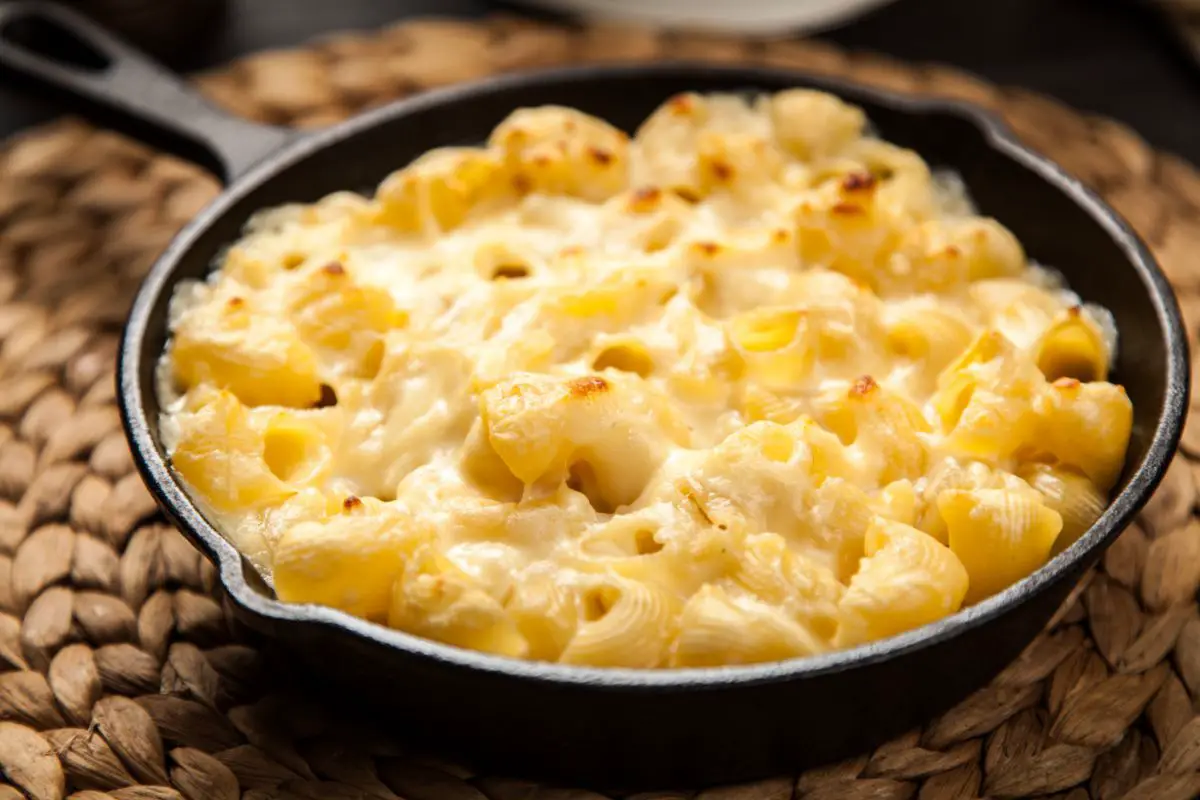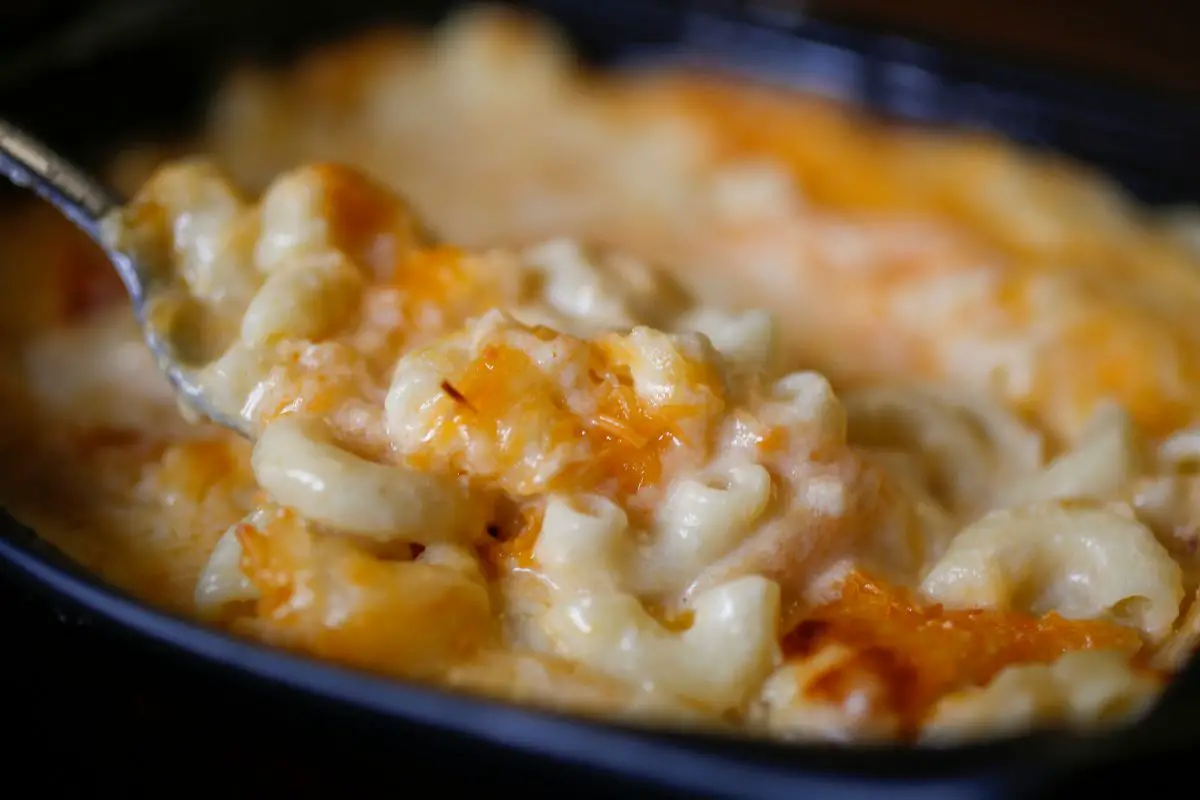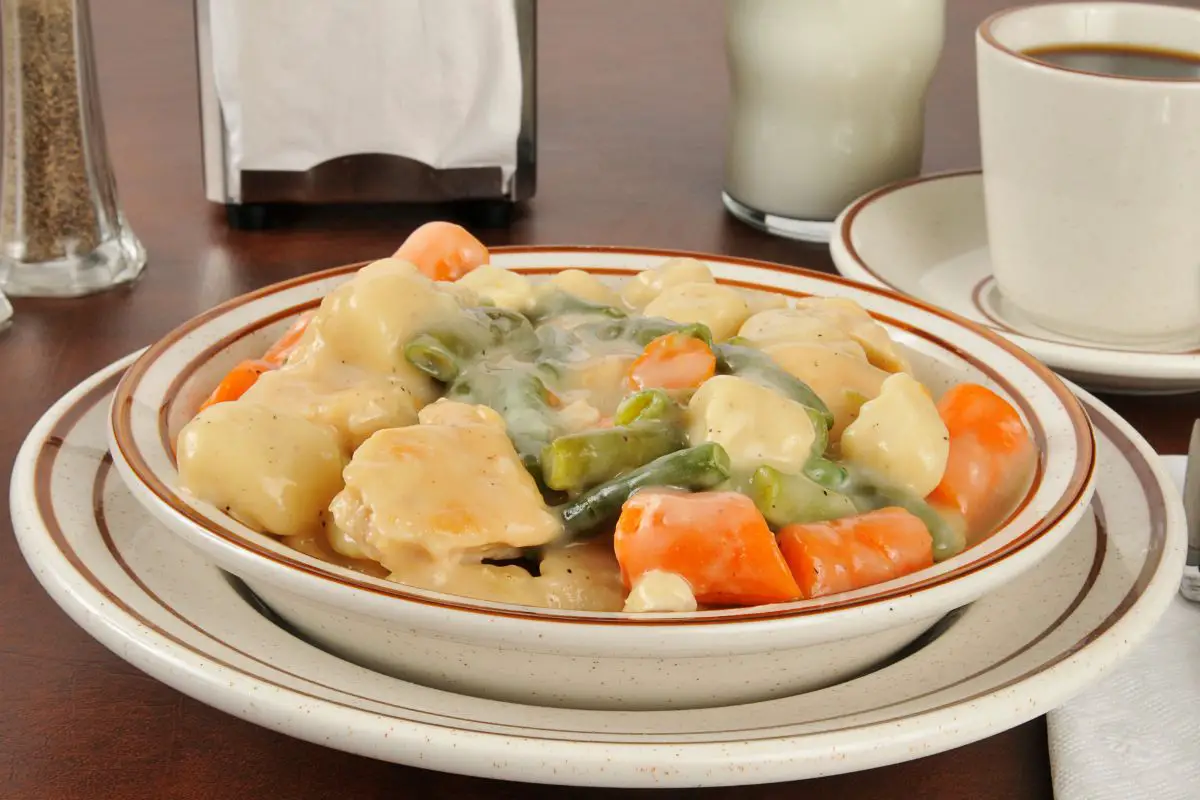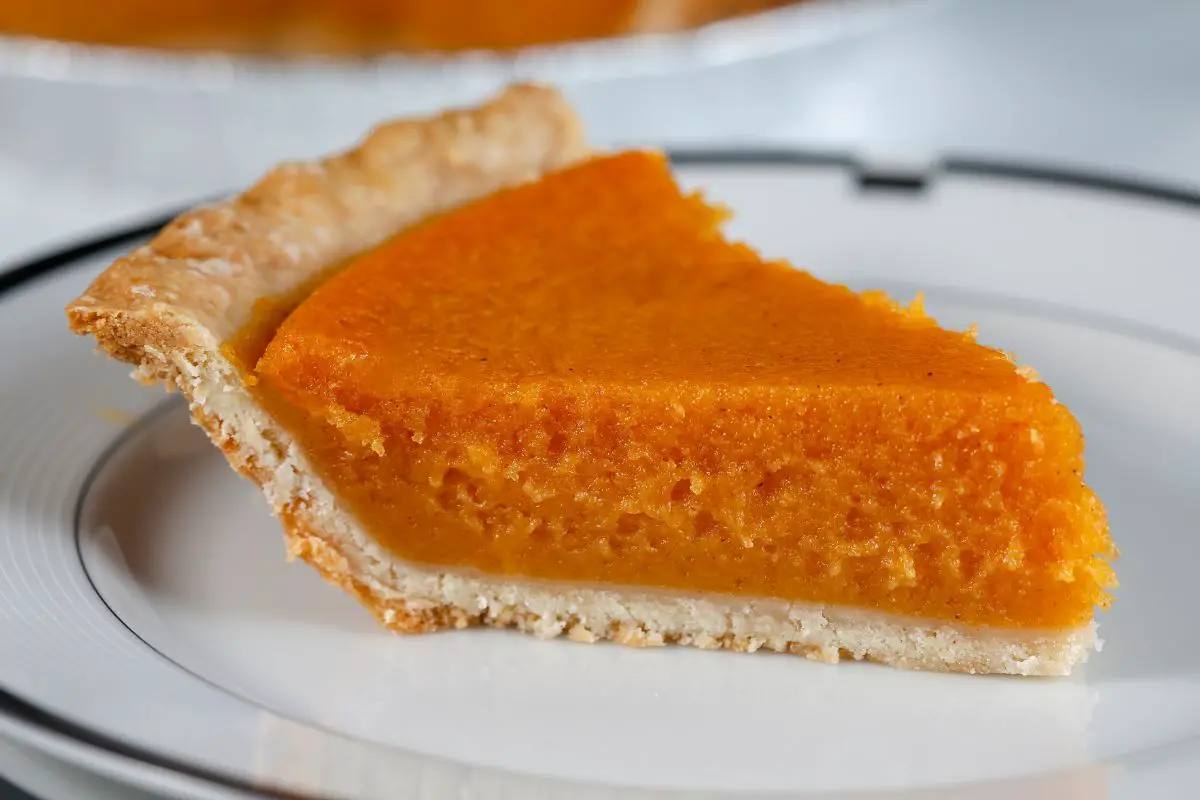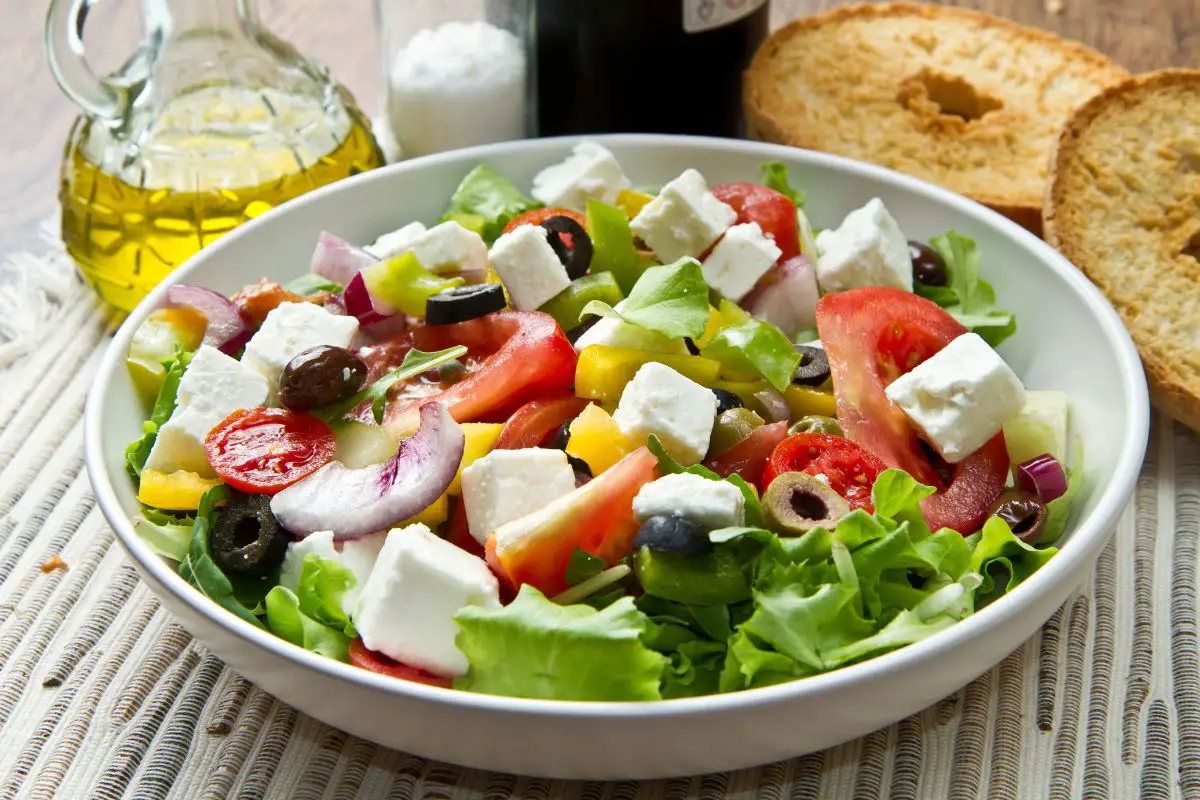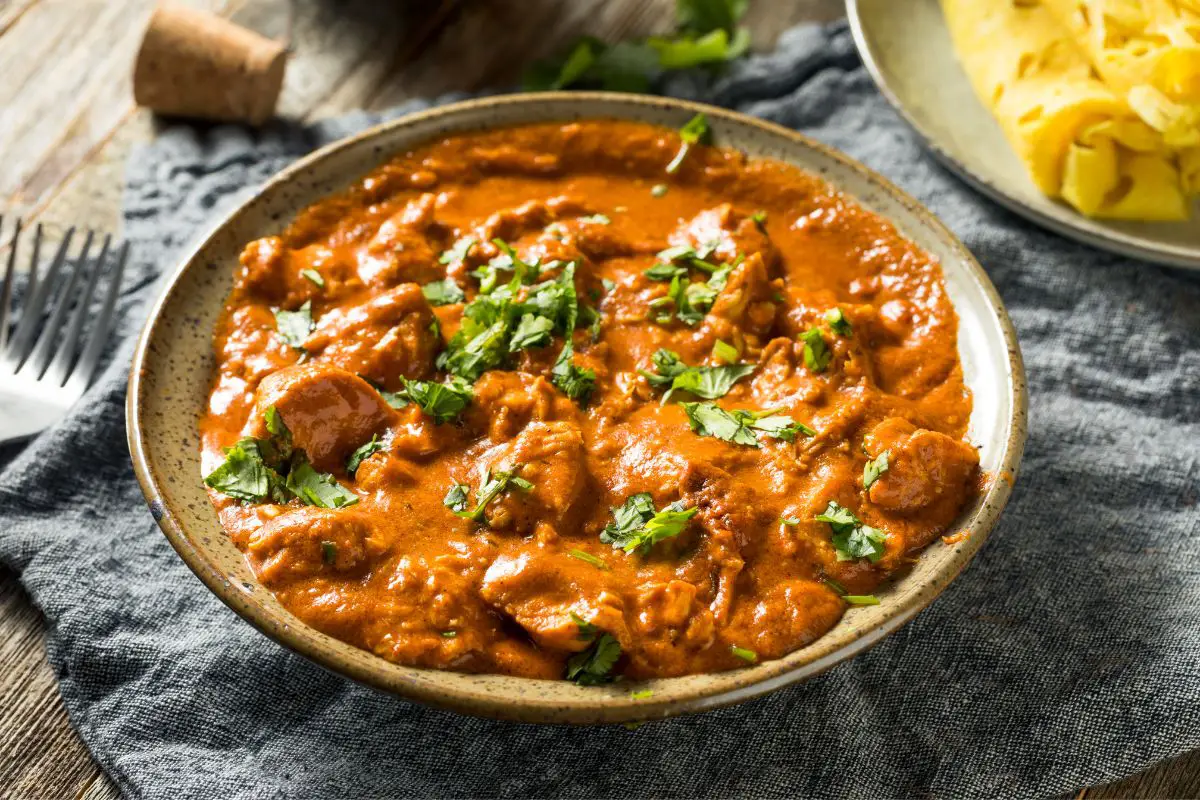Japanese cuisine is celebrated around the world for its balance of flavors, artful presentation, and reverence for seasonality and freshness.
There are many cookbooks available that showcase the beauty and complexity of Japanese cuisine, but in this article, we will be focusing on some of the best Japanese cookbooks written by female chefs.
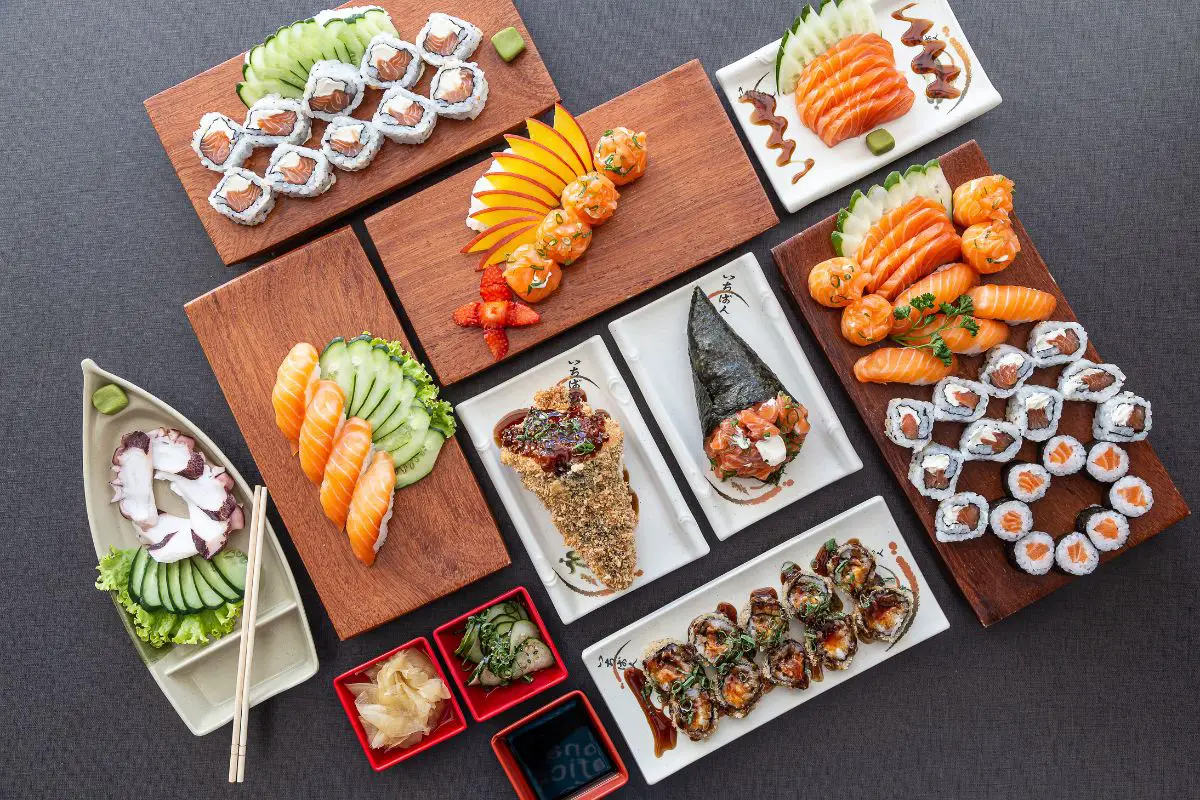
From traditional home-style cooking to innovative creations, these books offer a diverse range of recipes and techniques that showcase the expertise of some of Japan's most talented female culinary voices.
Whether you are a seasoned cook or a beginner looking to expand your culinary horizons, these cookbooks are sure to inspire you to explore the rich and diverse world of Japanese cooking.
OUR TOP PICK
Japanese Cooking: Contemporary & Traditional" by Miyoko Nishimoto Schinner is a unique cookbook that focuses on vegan and vegetarian Japanese cuisine.
As a Japanese-American chef and cookbook author, Schinner has extensive experience with both traditional Japanese cooking and modern culinary techniques, which she incorporates into the recipes in this book.
The cookbook offers a diverse range of recipes, from classic dishes like sushi, udon noodles, and miso soup to modern creations like vegan "unagi" (eel), tofu "cream cheese", and soy milk ice cream.
The recipes are organized by category, such as appetizers, soups, rice and noodles, and sweets, making it easy to find a recipe for any occasion.
Pros
- A comprehensive introduction to Japanese ingredients, cooking techniques, and equipment.
- A diverse range of recipes that showcase both traditional and modern Japanese cuisine.
- Emphasis on using fresh, seasonal ingredients and creative substitutions for animal-based ingredients.
- Recipes are organized by category, making it easy to find a recipe for any occasion.
- Glossary of Japanese terms and list of resources for purchasing Japanese ingredients and cookware.
Cons
- The book is focused on vegan and vegetarian Japanese cuisine, so it may not appeal to those who prefer meat-based dishes.
EDITORS CHOICE
Written by Namiko Hirasawa Chen- a Japanese-American home cook and the creator of the popular food blog "Just One Cookbook"-, this cookbook features over 100 easy-to-follow recipes for Japanese favorites, ranging from simple dishes like tamagoyaki (Japanese omelette) and yakitori (grilled chicken skewers) to more complex dishes like ramen and sushi.
The cookbook is organized into chapters based on the type of dish, such as appetizers, soups, rice and noodles, and sweets.
Each recipe includes notes from the author on flavor variations, ingredient substitutions, and serving suggestions.
In addition to the recipes, the book also includes helpful tips and explanations of essential Japanese ingredients, such as mirin, sake, and miso.
Pros
- Features over 100 easy-to-follow recipes for Japanese favorites, ranging from simple dishes to more complex ones.
- Designed for home cooks who may not have extensive experience with Japanese cuisine.
- Ingredients are mostly easy to find in regular grocery stores.
- Detailed instructions and step-by-step photographs are provided for each recipe.
- Helpful tips and explanations of essential Japanese ingredients.
- Emphasis on the importance of presentation in Japanese cuisine, with tips on plating and serving suggestions.
Cons
- Some readers may prefer a more traditional approach to Japanese cooking, as the author has adapted some recipes to suit the tastes of a Western audience.
BEST VALUE
Nancy Singleton Hachisu is an American food writer and photographer who has lived in Japan for over 30 years.
Her cookbook focuses on traditional Japanese farmhouse cooking, featuring simple and rustic recipes that showcase the flavors of seasonal and local ingredients.
The book includes over 160 recipes, organized by ingredient or cooking technique.
Some of the standout recipes include homemade miso, simmered kabocha squash, and grilled eggplant with miso and sesame (If you like grilled food, also check out Female Chef Grilling Cookbooks).
The recipes are designed to be approachable for home cooks, with clear instructions and tips on ingredient substitutions.
Pros
- Focuses on traditional Japanese farmhouse cooking and the connection between food and the natural environment.
- Features over 160 recipes that are simple, rustic, and showcase the flavors of seasonal and local ingredients.
- Provides detailed descriptions of ingredients, traditional farming practices, and cooking techniques.
- Includes anecdotes and stories from the author's experiences living on a Japanese farm.
- Features beautiful photographs of the farm and the dishes themselves.
- The author is an American food writer and photographer who has lived in Japan for over 30 years, providing a unique perspective on Japanese cuisine.
Cons
- The book may not be suitable for readers looking for a comprehensive guide to Japanese cuisine, as it focuses mainly on traditional farmhouse cooking.
RUNNER UP
"Everyday Harumi" is a cookbook written by Harumi Kurihara, a well-known Japanese cookbook author and television personality.
The book features over 100 recipes that are designed to be easy to prepare and incorporate into everyday meals.
One of the strengths of this cookbook is its emphasis on simplicity and accessibility.
The recipes are organized by course and include appetizers, soups, salads, rice and noodles, seafood, meat dishes, and desserts.
Each recipe includes clear and concise instructions, as well as tips on preparation and serving.
Pros
- Emphasizes simplicity and accessibility, making it easy for home cooks to incorporate Japanese flavors and techniques into their everyday meals.
- Features over 100 recipes that are organized by course, with clear and concise instructions and tips on preparation and serving.
- Focuses on using readily available ingredients, making it accessible to a wide range of readers.
- Includes a section on Japanese kitchen essentials, as well as tips on basic cooking techniques and pantry staples.
Cons
- The book does not include nutritional information for the recipes.
RUNNER UP
Written by Elizabeth Andoh- a well-known chef and writer who has lived in Japan for over 50 years.-, this book features over 100 vegan and vegetarian recipes that celebrate the traditional plant-based cuisine of Japan.
The cookbook celebrates the plant-based traditions of Japanese cuisine, with the recipes being flavorful, healthy, and making use of ingredients that are easy to find in most grocery stores.
The book also provides helpful tips and explanations of Japanese cooking techniques and ingredients, making it a valuable resource for anyone interested in Japanese cuisine.
Pros
- Features over 100 vegan and vegetarian recipes that are inspired by traditional
- Japanese cuisine, making it a great resource for those looking for plant-based recipes with a Japanese twist.
- The recipes emphasize the use of seasonal and local ingredients, and the book provides helpful tips on selecting and preparing these ingredients to ensure their full flavor and nutritional value.
- The book includes a section on Japanese ingredients and equipment, as well as a glossary of Japanese culinary terms, making it a great resource for those new to Japanese cuisine.
- The recipes use traditional Japanese cooking techniques, which can be a great way to explore the flavors and textures of Japanese cuisine.
Cons
- Some readers may find the recipes too complex or time-consuming, especially if they are new to Japanese cuisine or vegan and vegetarian cooking.
Buyer’s Guide
If you're interested in purchasing a Japanese cookbook written by a female author, here are some tips to help you find the right one.
Experience
If you're new to Japanese cuisine, look for a book that includes basic techniques and explanations of key ingredients.
If you're more experienced, look for a book that offers more advanced recipes and techniques.
Dietary Preferences And Restrictions
Some Japanese cookbooks focus on traditional meat and fish dishes, while others are vegetarian or vegan.
Make sure the book you choose aligns with your dietary preferences and any restrictions you might have.
Author Credentials
Check the author's credentials to ensure they are knowledgeable about Japanese cuisine.
Look for authors who are Japanese themselves or those who have studied, worked, or lived in Japan and those who have written other cookbooks on the topic.
Final Thoughts
The world of Japanese cuisine owes much to the contributions of female chefs, who have played a significant role in shaping the genre and introducing it to the world.
We have highlighted some of the best Japanese cookbooks authored by female chefs, all of whom showcase the unique fusion of traditional and modern culinary techniques that define Japanese cuisine and serve as a testament to the creativity and talent of these female chefs(see also: 5 Female Chef Bariatric Cookbooks You Do Not Want To Miss).
Whether you are an experienced home cook or a novice looking to explore the world of Japanese cuisine, these cookbooks offer a wealth of inspiration and practical advice for mastering this beloved culinary tradition!
Frequently Asked Questions
Can I Find Japanese Cookbooks That Feature Both Traditional and Contemporary Recipes?
Yes, many Japanese cookbooks include a mix of traditional and contemporary recipes, such as the ones mentioned above.
Are Japanese Cookbooks Suitable for Beginners?
Some Japanese cookbooks are geared toward beginners, while others are more advanced.
Look for a cookbook that includes basic techniques and explanations of key ingredients if you're new to Japanese cuisine.
- 16 Martha Stewart Baking Recipes You Have To Try - May 29, 2024
- 19 Of The Best Martha Stewart Cake Recipes Ever - May 28, 2024
- How To Make A Tasty Ina Garten Red Velvet Cake At Home - May 24, 2024









